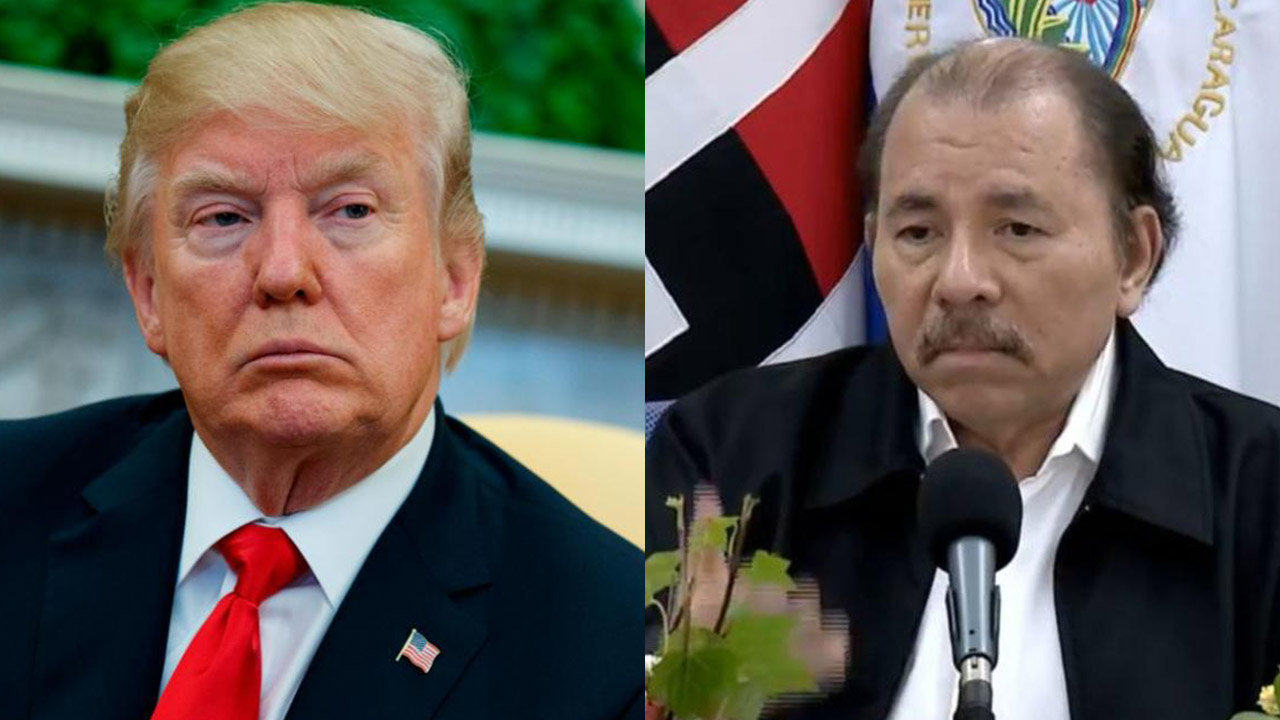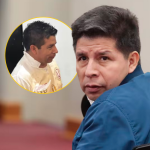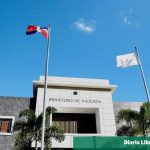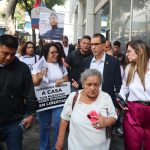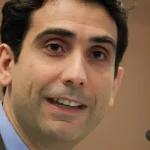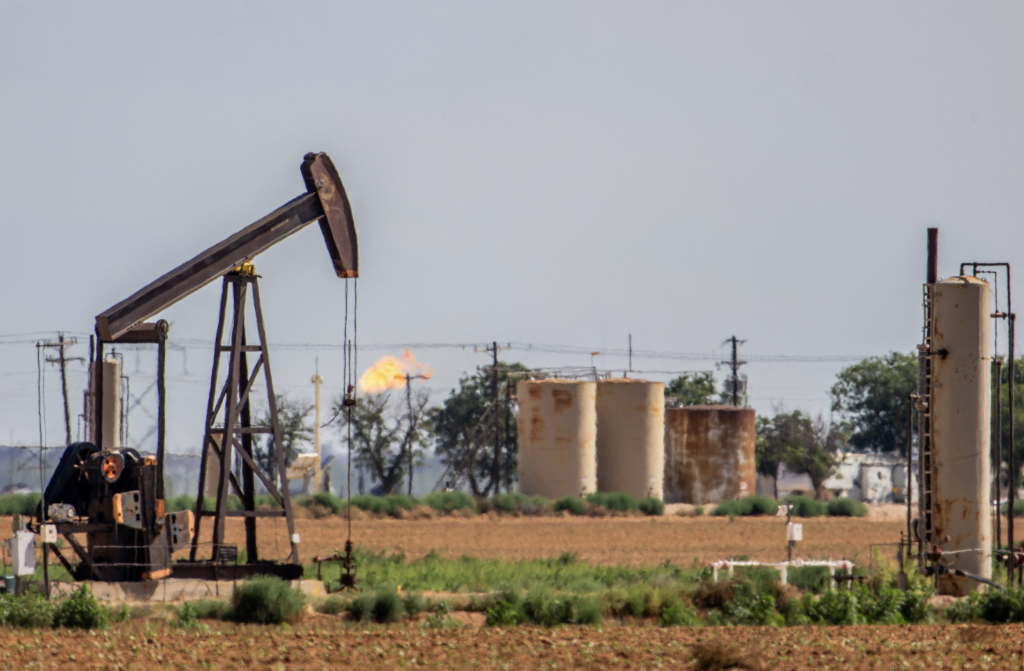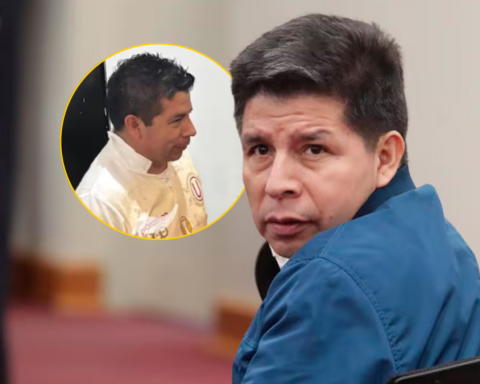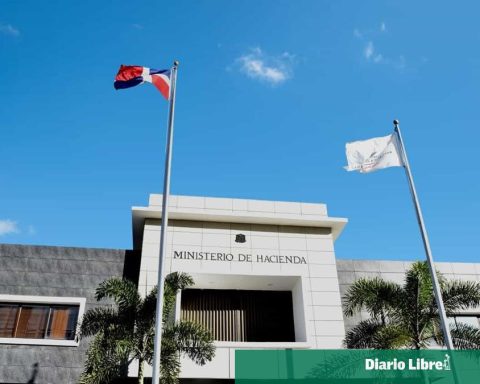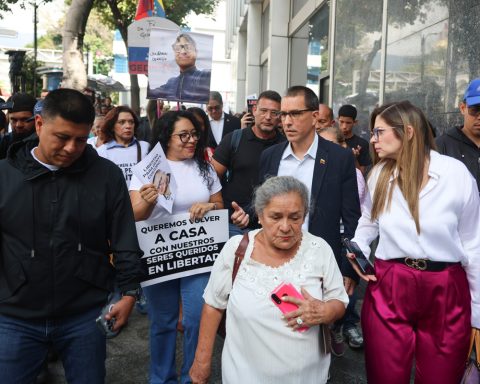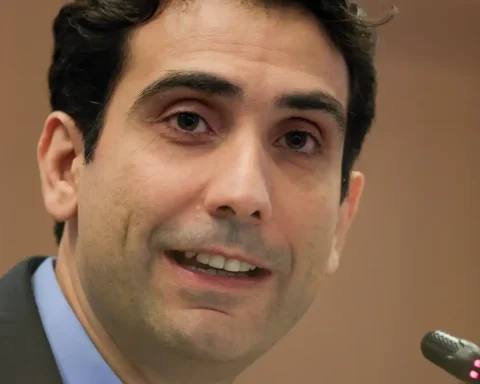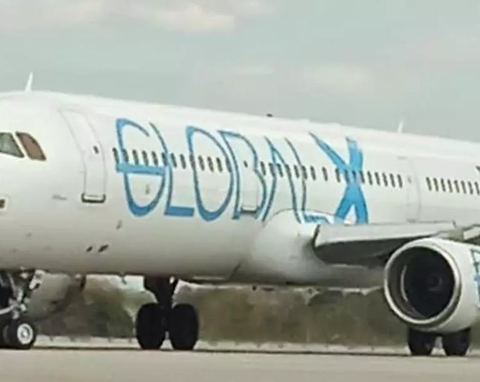The dictatorships of Nicaragua, Venezuela and Cuba would be about to enter “gray years” and high pressure exerted by the Government of the newly elected Republican President Donald Trump, who will be sworn in on January 20, the date that marks the beginning of the great expectation of the mass deportations promised during the campaign.
A panel of experts organized by the think tank Open Fileand composed of Cynthia Arnson, former director of the Wilson Center’s Latin America Program; Evan Ellis, professor at the Institute of Strategic Studies of the US Army War College, and Manuel Orozco, director of Migration, Remittances and Development at the Inter-American Dialogue; Between the three of them they analyzed what Trump’s foreign policy will be with respect to Latin America and particularly the Nicaraguan, Cuban and Venezuelan dictatorships.
Among the first points of analysis, Arnson referred to the first signals that the new president has sent about what his administration will be like; in matters of foreign policy, by appointing as Secretary of State Republican Senator Marco Rubio, a declared enemy of the dictatorships of the region and a “crusader” against communism.
Anti-communist as head of diplomacy
“Marco Rubio is an anti-communist and will probably take a very hard line against Venezuela, Nicaragua and Cuba,” said Arnson at the start of his first presentation at the event held on December 16, called “Trump 2.0: perspectives and challenges for Central America, Cuba and Venezuela under a new mandate.
Along those lines, Evan Ellis maintained that the Trump administration will make “efforts to isolate the hosts of threats” against the United States and warned that Cuba, Nicaragua and Venezuela have been hosts to terrorist organizations.
“We must remember that Venezuela has been the main host of (the terrorist group) Hezbollah in the region,” said the professor at the Institute of Strategic Studies of the US War College.
The analyst also pointed out that another of the urgent issues for the new US administration is the control of migration that comes from the so-called Northern Triangle of Central America (Honduras, El Salvador and Guatemala), linking this strategy with possible cuts to support for security issues. .
Deportations Vs cheap labor
For his part, Manuel Orozco, a migration specialist, believes that, after Trump’s arrival at the White House, there will be a “significant increase” in deportations of irregular migrants.
The specialist affirms that, on US soil, there are at least 3.5 million people with deportation orders, among which several groups in a more vulnerable situation stand out.
Orozco explained that, in recent years, the number of migrants arriving in the United States has increased considerably but that increase has been proportional to the labor needs that the country also requires.
Groups at risk of deportation
Orozco warned that the outlook for undocumented migrants becomes difficult taking into account that programs such as Temporary Protected Status (TPS) “could not be renewed, affecting thousands of people from countries in political and human rights crisis.”
For the analyst, the risks of deportation for the coming months are focused according to different groups. The first is made up of those who requested humanitarian permission known as parole, a status that affects nearly a million people, mostly from Nicaragua, Venezuela, Cuba, Haiti and Ukraine.
Related news: Humanitarian parole close to completing the two-year term, what options does the beneficiary have?
Another important group that is at risk of deportation are those who were denied political asylum, which is also close to a million people. Finally, there are the beneficiaries of Temporary Protected Status (TPS), granted to migrants from countries in dictatorship. According to Orozco, this program “could not be renewed,” which would put thousands of people at risk of deportation.
Powers bid for control in the region
Another aspect analyzed by the panelists and that involves the Ortega-Murillo dictatorship, is the influence that China and Russia seek with increasing insistence, for which they use satellites in the region, the dictatorships of Venezuela, Cuba and Nicaragua.
Orozco stated that “China is not coming to take over Latin America,” but rather to generate “noise” in order to bother the United States and move the trade balance with the region.
However, Arnson warned that Beijing has a significant competitive advantage, because “what China offers in terms of investment is much greater than what the United States can offer.”
In the midst of this panorama, according to analysts, Trump will promote a foreign policy of greater presence in the region.
